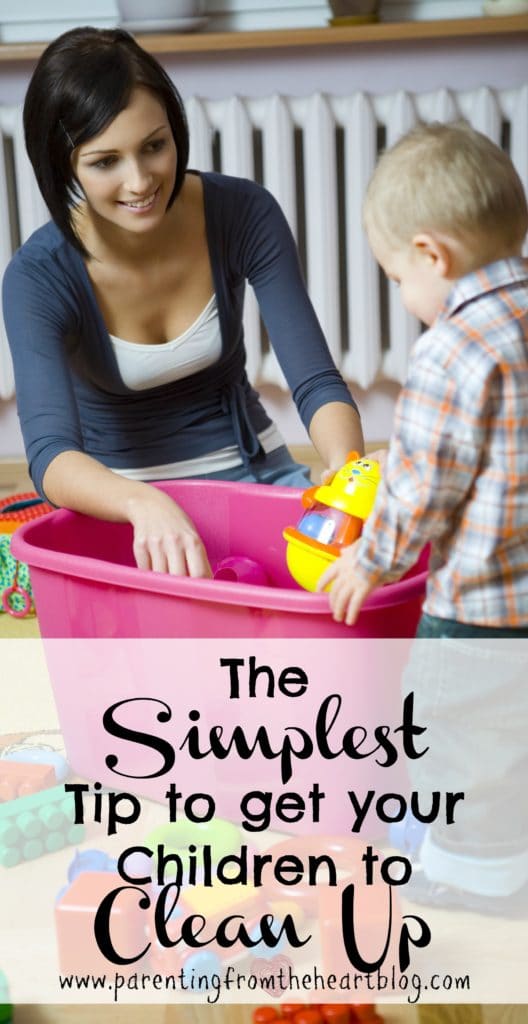My favourite sound in the world is the sound of my kids playing. The richness of…
My favourite sound in the world is the sound of my kids playing.
The richness of their play is fascinating.
In eavesdropping, I gain a deeper understanding of what they have absorbed about the world. I hear their fears, impressions, and what matters to them unfold in their play scenes. Honestly, it gives me goosebumps. As such, it should come as no surprise that I am an advocate for play-based learning.
Though I encourage my kids to express themselves and explore through play, toy mess can be the bane of my existence. It seems that all of my toy organization can be undone in the time it takes me to unload the dishwasher. And this seems to happen almost every day!
Again, I am very happy to have them play and for their play to be unencumbered. What I am not a fan of is them not cleaning up. All too often, my request for them to put their toys away is meant with whines of, “It’s tooooo haaard!” And, “I doooon’t know hooooow.”
If any parent has found themselves in this situation, wanting to pull their hair out, know I’m with you. It is no fun to set the expectation we have to tidy up and have them act like I’ve asked the world of them in return.
There are a number of techniques parents suggest. I’ve heard solutions such as ‘take their toys away.’ Or, “put everything in a garbage bag until they earn it back.” If these solutions have worked for you, props! Really. I tried loading my garage shelf with toys that had been left behind. In our household, it created a lot of initial upset, but no resolve. But I have found some that do get results.

Of any strategy I’ve used, the most effective one to get my children to clean up is undoubtedly scaffolding. If you’re unfamiliar with the zone of proximal development, scaffolding on the side of a building may come to mind. And, that’s very apt. The entire premise behind scaffolding in developmental psychology is to provide your child with the support they need to complete a task or exhibit a skill. For instance, a child who cannot successfully count to 20 can do it when a parent puts their hand over their child’s and they count in unison. In this example, all it takes is the parent by their side and the support makes counting easier to do.
[bctt tweet=”This is the most effective way to get your children to clean up. #parenting #kids” username=”parentfromheart”]
In no way does this mean you should do it for them. However, by stopping what you are doing, remaining calm, and gently helping them, power struggles dissipate and the cleaning gets done.
For more parenting tips like this, be sure to join our newsletter.
I’ve always been fascinated by the childhood stories of successful people, those anecdotes about parental quirks and unique…
Ever caught yourself nudging a rogue pea back into its lane, even though you’re decades past the kids’…
Affection wasn’t really a thing in my childhood home. My parents were good providers, but hugs, “I love…